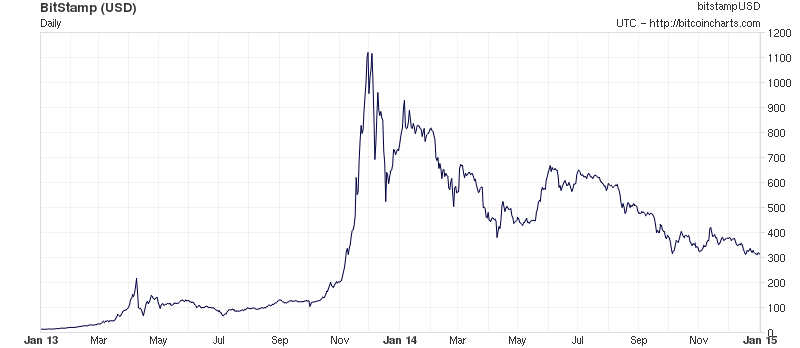BlackBerry
By Simarjeet Kaur & Vafa Azadi
In our presentation, we
discussed about BlackBerry’s current position in market. BlackBerry is Canadian
Telecommination and wireless equipment company, which is started in 1984 as a
known as Research in motion limited. It was founded by two people named Mike
Lazaridis and Douglas Fregin. In 1999, they introduce their products name
BlackBerry Enterprise Server and BlackBerry 850 pager. Those two devices were
famous for giving access to emails, web browsing, and many other features Most of the corporative people used those
phones over period of the times. Then they introduce another blackberry wireless
handset RIM 957. The primary functions of these devices are receiving or send
email.
In later years, they
introduce couple other models such as BlackBerry Pearl, Curve and Bold. Pearl
includes a digital camera, audio and video playback, blackberry maps and voice
activated dialing. These different models were specially designed for non
corporative people and spread the BlackBerry all over the nation, but in 2007,
apple released their first iphone which affected BlackBerry in market. Since apple’s
iphone was only exclusive to AT&T network, Verizon wanted BlackBerry to
come up something similar in order to gain customers’ interest back in BlackBerry
so then BlackBerry released their new product BlackBerry Storm in late 2008,
but it didn’t gain much attention from customers. In order to keep up with market,
in 2010 blackberry released playbook which was very expensive in the beginning
and they had almost 90% loss in sale.
In share market, in 1997,
BlackBerry’s IPO price was $7.25 and there highest stock price $144 occurred in
June, 2008. Now, there current stock price is $6. BlackBerry’s Market shares
from 2008 through 2013 are constantly dropping down. In 2008, the market share
was 16.6%, In 2009 the market share was 19.9%. There was gain of 3%. In 2010,
the market share was 14.6%. In 2011, the market share was 8.8%. In 2012 the
market share was 5.2% and in 2013 the market share is only 1.8%. By comparing
to other companies like Apple and Android, there share market is increasing every
year compare to the previous year, but in case of BlackBerry, there share
dropped down every year. As the other companies are growing faster, the BlackBerry
is keep going down.
In recent news, there
are lots of things happened in BlackBerry. In past week, they replaced their old
CEO name Thorsten Heins with new CEO John Chen. Chen was previously chairman
and CEO with Sybase inc. in 1998. In his contract, Company also agreed to give
him 13 million BlackBerry share units which are worth US$85 million based on
last week’s closing stock price. There was other news about BlackBerry buyout. Companies
like Google, Intel and Cisco were interested in buying BlackBerry and other
partnerships are still possible with the conditions of new stock price deal
with Fairfax. At Same time, the Smartphone maker announced that they aren’t
selling itself for $4.7 billion to a group of companies led by Fairfax
Financial Holding Limited, but they are agreed for $1billion stock purchase
with that group. BlackBerry released their secret investors for $1 billion US
dollar investments such as Canso Investment Counse LTE will invest $300
million, Fairfax Financial will invest $250 million, Mackenzie Financial
Corporation with $200 million, Market Corporation and Qatar Holding LLC will
invest $100 million each, and Brookfield Asset Management will invest $50
million. Most of these investors are Canadian investor.
References
¨ http://finance.yahoo.com/echarts?s=BBRY+Interactive#symbol=bbry;range=my;compare=;indicator=volume;charttype=area;crosshair=on;ohlcvalues=0;logscale=off;source=undefined;




